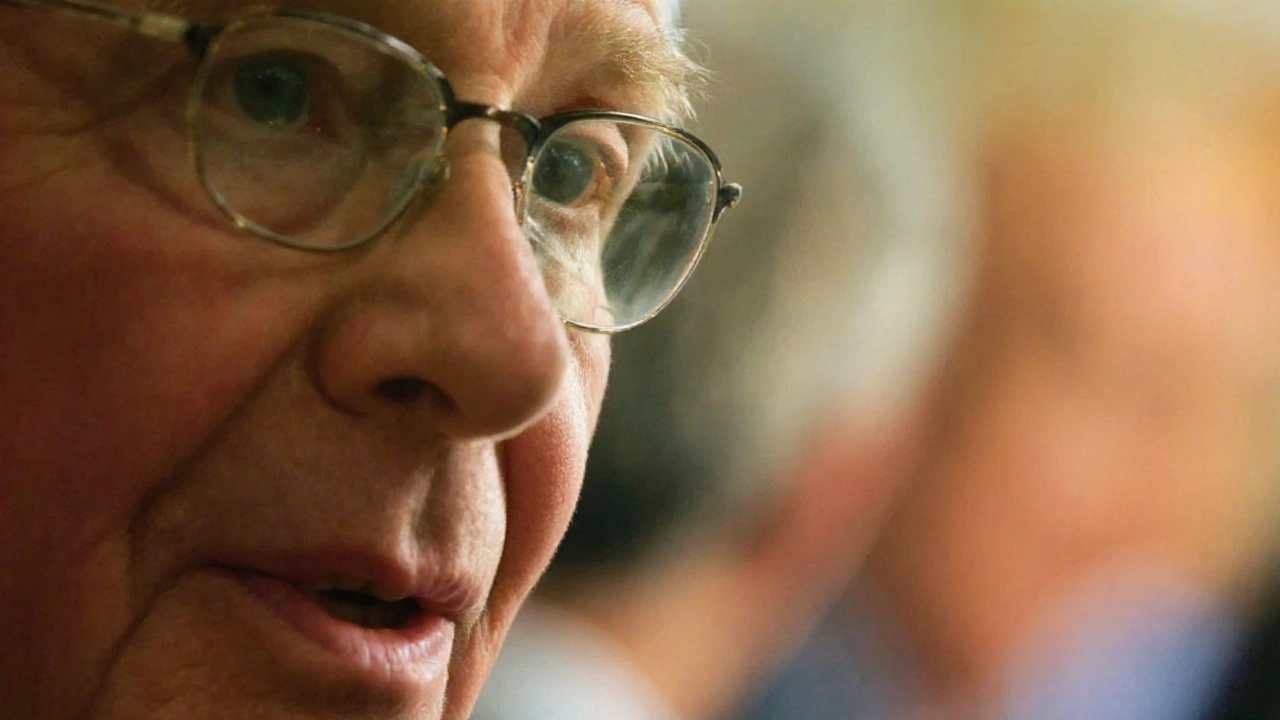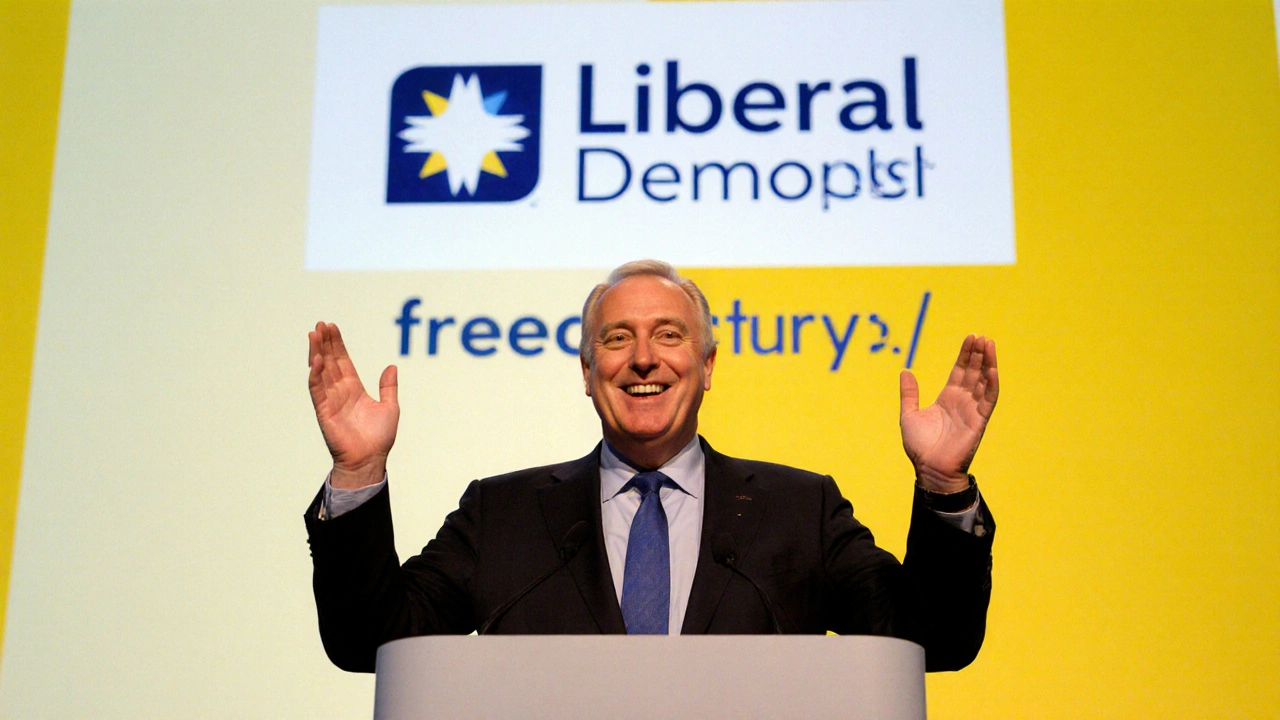From the Track to the House of Commons
When you hear the name Menzies Campbell, you probably picture a fast‑moving figure on a 100‑metre straight. But the man who dominated British sprinting in the late 1960s also spent the next three decades shaping policy in the UK’s political centre. His death on 26 September 2025 in London closed a chapter that blended Olympic ambition, courtroom rigor and parliamentary strategy.
Born on 22 May 1941 in Glasgow, Campbell grew up in a post‑war Scotland that prized hard work and education. He took his first steps onto a running track in his teens and quickly earned the nickname “Flying Scotsman”. By 1967 he had lowered the British 100‑metre record to 10.2 seconds – a time he matched twice in California, holding the mark until 1974.
His sprinting résumé reads like a highlight reel:
- Represented Great Britain at the 1964 Tokyo Olympics, reaching the 200‑metre quarter‑finals and running in the 4×100‑metre relay.
- Competed for Scotland at the 1966 Commonwealth Games in Kingston.
- While a student at Stanford, beat future NFL star O.J. Simpson in a 100‑metre dash.
Those achievements earned him fleeting monikers such as “the fastest white man on the planet,” but Campbell never let the fame distract from his next goal: the law.

Legal practice, parliamentary service and public honors
After hanging up his spikes, Campbell turned his discipline toward academia. He earned an MA (1962) and an LLB (1965) from the University of Glasgow, then pursued a postgraduate degree in international law at Stanford. Called to the Scottish Bar in 1968, he built a reputation as a sharp barrister and was appointed Queen’s Counsel in 1984, later becoming King’s Counsel after the accession of Charles III.
His legal career opened the door to politics. In 1987, he won the seat for North East Fife as a Liberal Democrat, a constituency he would represent until 2015. Inside Westminster, he wore several hats: spokesperson on foreign affairs, defence, and even deputy leader under Charles Kennedy. In March 2006, after Kennedy’s resignation, Campbell stepped up as party leader, steering the Lib Dem through a turbulent period until his own resignation in 2007.
Beyond the Commons, Campbell accumulated a string of public honors:
- Appointed Chancellor of the University of St Andrews in 2006, a role he held for almost two decades.
- Elevated to the peerage in 2015 as Baron Campbell of Pittenweem, allowing him to continue influencing policy from the House of Lords.
- Received multiple honorary degrees and awards recognising his dual contributions to sport and public service.
Even after retiring from active politics, he stayed vocal on issues close to his heart. He condemned performance‑enhancing drugs in athletics and criticized Britain's participation in the 1980 Moscow Olympics, arguing that sport should stay clear of political manipulation.
Family and colleagues remember Campbell as more than a list of titles. His grandson, Gregor Grant‑Suttie, highlighted the “myriad of accolades” that were eclipsed by his grandfather’s dedication as a husband, father and friend. Liberal Democrat leader Ed Davey described him as a figure whose “level of thinking around international defence gave Scotland a reason to be proud.”
The legacy of a man who sprinted across a track, argued cases in a courtroom and debated policy in Parliament is still being measured. His life shows how a single individual can excel in worlds that rarely intersect, leaving a trail that future generations in Scotland and beyond can follow.
